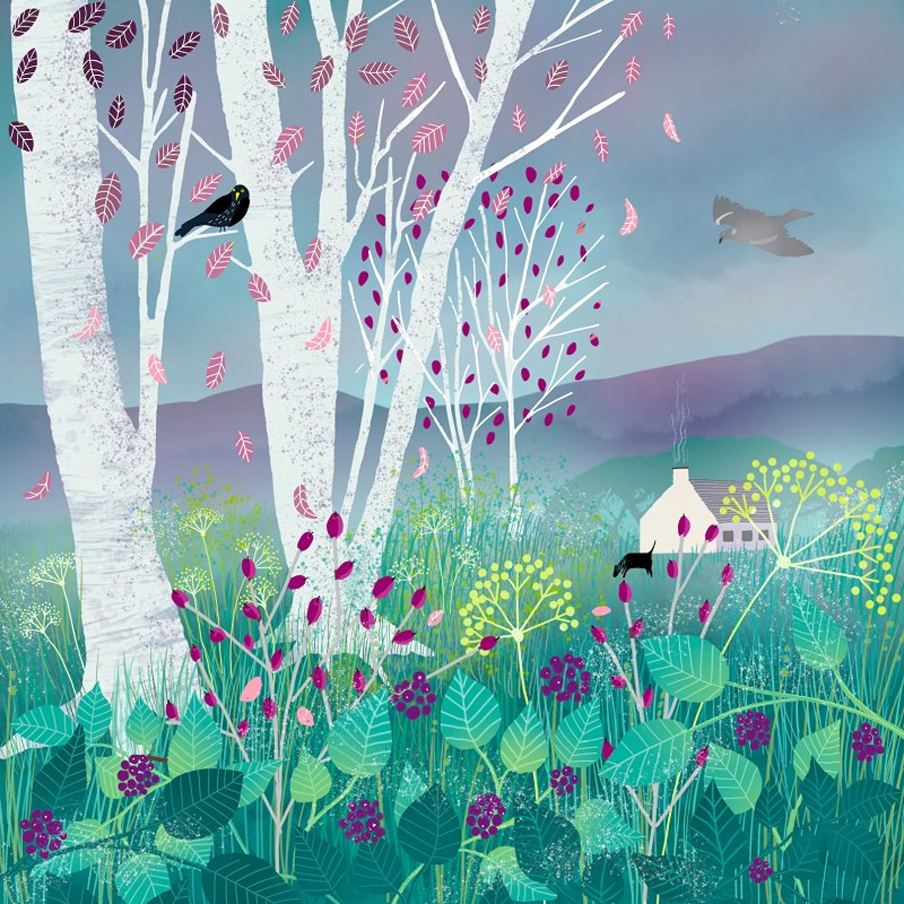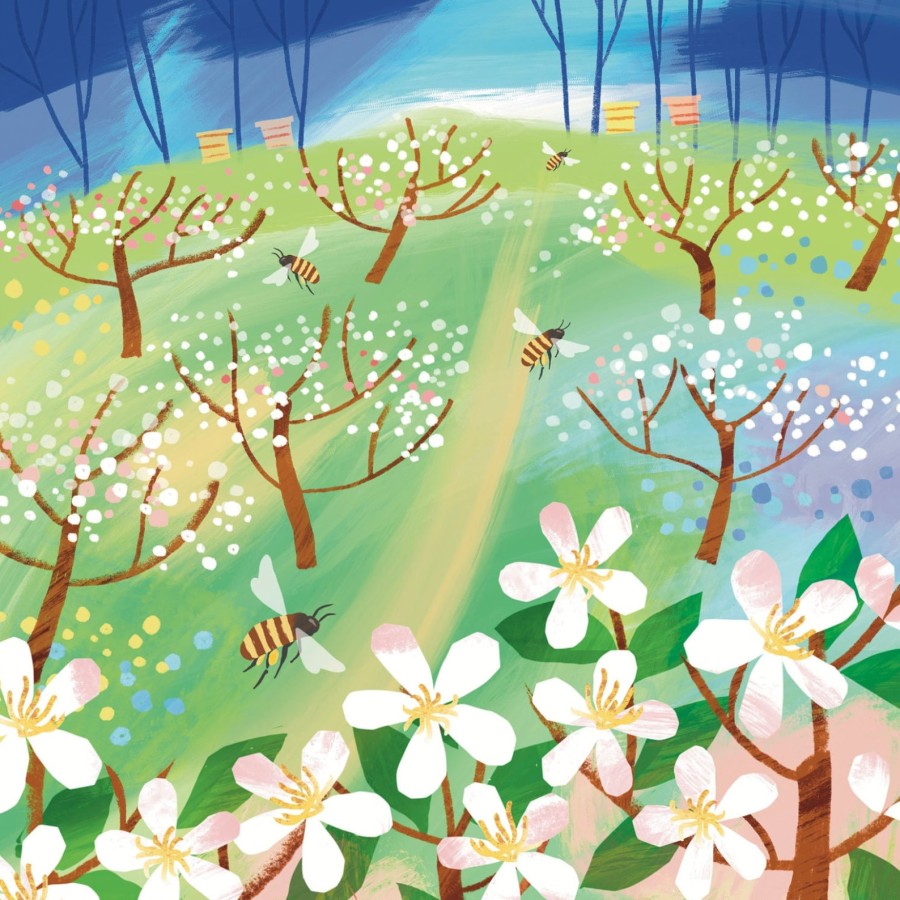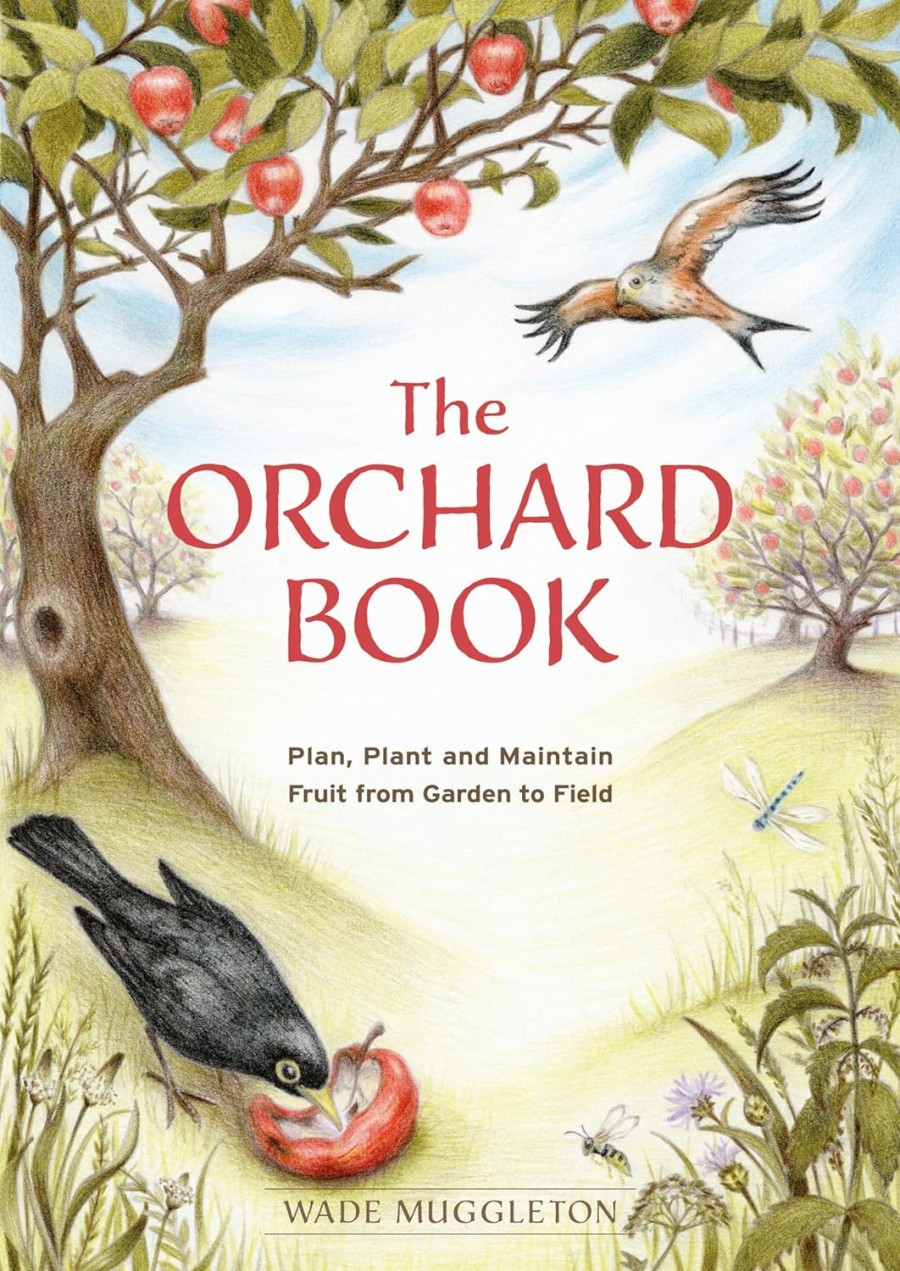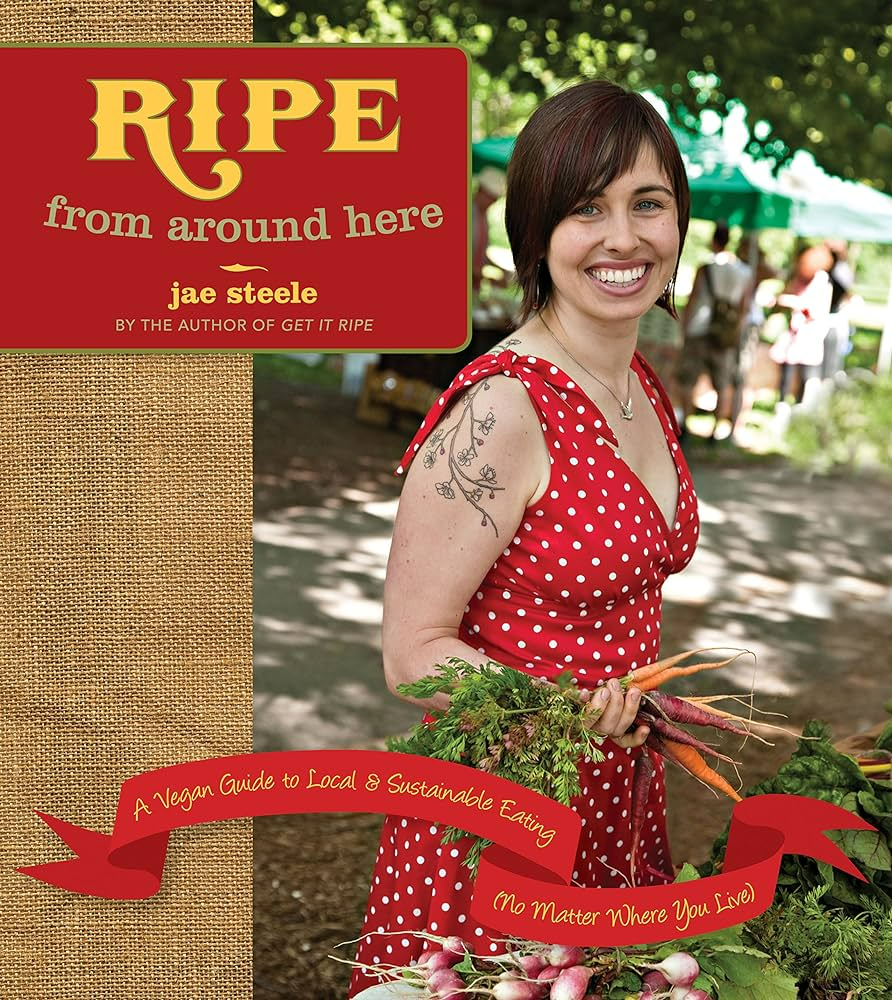How to Protect and Restore England’s Orchards

England’s orchards used to be abundant, but now they are in danger of almost becoming extinct. 70% of England’s apples are imported, when we are home to some of the most diverse apple crops on earth. Along with other orchard fruits like pears, peaches, plums and damsons.
Restoring orchards also helps to preserve trees, which take in carbon dioxide, give out oxygen, they help to buffer wind and prevent floods. And provide homes for birds and native wildlife (even if not producing fruit, dead or decaying wood offers hollow trunks for owls and bats.
The Orchard Project is a nationwide charity run by experts, to help local communities plant organic fruit orchards, and restore neglected heritage orchards. So everyone is within walking distance of free food.
Use no-dig gardening (avoid netting, to protect wildlife – use fruit protection bags instead). Learn how to create pet-friendly gardens (keep fruit pips/seeds away from animals as they contain natural cyanide, and wildlife-friendly gardens.
Know trees to avoid near horses (including yew, oak & sycamore).
80% of England’s orchards have been lost in recent decades, yet still supermarkets sell imported fruits (rock-hard pears and non-organic apples coated in shellac – dead insects – to make them look shiny). Buying local also helps support our smaller farmers.
A sad story of late is in Worcestershire. Where England’s second-oldest pear tree was felled, to make way for the unnecessary HS2 high-speed rail project (the money would be better spent on upgrading rolling stock and providing better rural public transport.
Critics say HS2 won’t prevent climate change. And based on accidents with high-speed rail abroad, it will kill around 22,000 wildlife once built. Barn Owl Trust says that HS2 is a ‘very expensive way of killing owls’.
What Do Community Orchards Do?

Some community orchards make use of waste windfalls too. Of course it’s always important to leave some windfalls and fruits for birds and wildlife. But bruised fruits can easily be made into juice and jam, and some community orchards exchange donated windfallen apples to make cider!
The Orchard Project recently completed a project to restore 30 old orchards in London, which helped to restore rare apple varieties. It has also installed wildlife-friendly edible hedgerows, ponds, stonewalls for insects, bog gardens, bird boxes and no-dig raised beds).
Locals can locate orchard mentors to share their knowledge, or find lesson plans for schools. Gardeners can take their course in Certificate in Community Orcharding (London, Bristol, Scotland or online). This covers tree planting/grafting/pruning, site survey & orchard design, plus caring for veteran and community orchards.
Other Ideas to Preserve Our Orchards
People’s Trust for Endangered Species does wonderful work to help restore heritage orchards, and has practical guides (including how to save a fallen tree). Their tips include:
- Plant new trees alongside restoring old trees, as all orchard trees will die, but disperse seeds and provide old logs for birds, insects and wildlife to nest and hibernate). Even trees with dead/decaying wood may produce fruit for several years.
- Leave log piles as they are, as they attract rodents (which owls eat) and offer over-wintering for hedgehogs, beetles, frogs and toads. Windfallen fruit also offers great food for local creatures. Stagger mowing, to protect flower seeds in longer grass.
How Well-Managed Orchards Help Nature

The Orchard Book is a book on how orchards work with nature, to provide maximum harvest for minimal effort. The author combines 20 years of orchard knowledge to help you plan, plant and manage an orchard, whatever your size and budget.
The book covers rootstocks and fruit varieties, planting plans and pruning, harvesting, storing and how to preserve your harvest.
Let him draw you into a world of apples and pears, walnuts and cobnuts, cherries and plums, and learn of ancient orchard fruits like quince, medlar and mulberry as well as more familiar fruits like apricots, figs and peaches. Enjoy organic fruit all year round, from your own little nature haven.






